Repetition may limit scope of skills in people with autism
Repeating a task too many times may prevent some people with autism from applying their learned skill to a new situation.
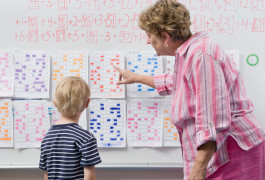
Repeating a task too many times may prevent some people with autism from applying their learned skill to a new situation.
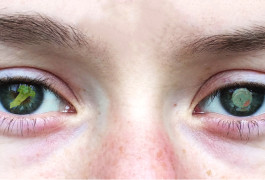
Adults with autism struggle to reconcile conflicting visual information, hinting at a signaling imbalance in the brain.
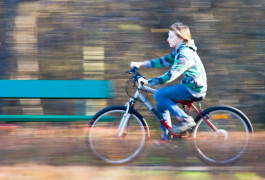
People with autism may ignore visual input when coordinating their movements — a lapse that may contribute to both motor and social impairments.
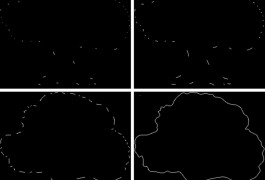
Visual processing irregularities in autism are subtle and depend on the child’s age, gender and task at hand.

Children with autism detect certain kinds of motion better than their peers do, but don’t tune out distracting visuals.

Some people with autism can tolerate extreme heat, cold or pressure and seem relatively insensitive to pain. Paradoxically, they may experience intense pain from idiosyncratic sources but struggle to communicate it.
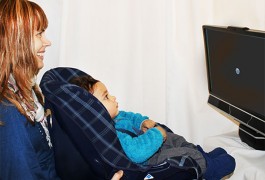
The pupils of 10-month-old infants who have a sibling with autism constrict unusually fast in response to flashes of light, hinting that this reflex could be an early sign of the disorder.
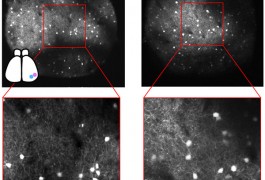
A customized microscope with moveable arms lets researchers simultaneously watch neurons fire in two areas of a mouse brain.

Children with autism tend to rely more on their bodies when learning new motor skills, while controls rely more on their eyes, suggests unpublished research presented Wednesday at the 2014 Society for Neuroscience annual meeting in Washington, D.C.
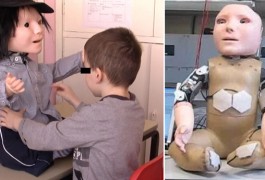
Robots that help children with autism become more socially engaged may also increase understanding of sensory processing in the disorder, suggests unpublished research presented today at the 2014 Society for Neuroscience annual meeting in Washington, D.C.